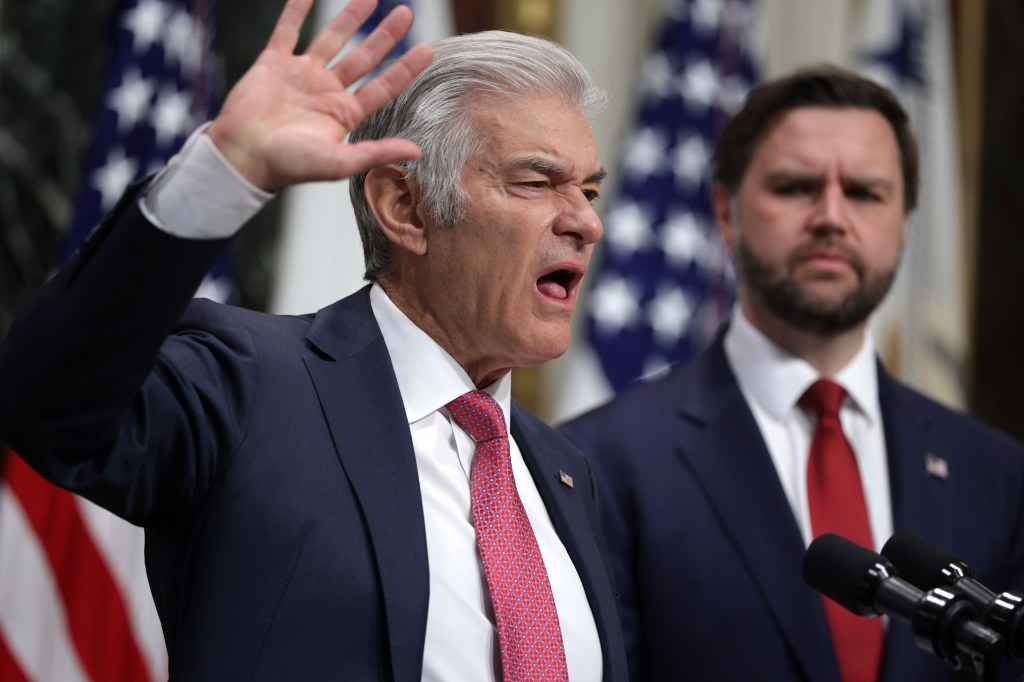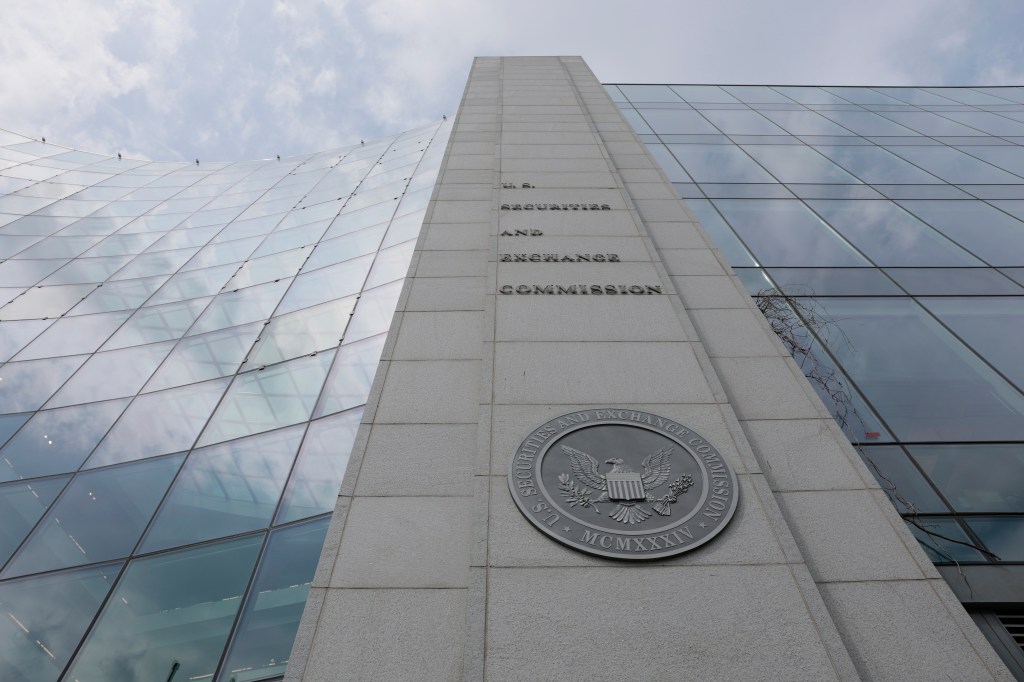The impressive list of signatories includes co-CEO of payments company Adyen, CTO of airline Lufthansa, CEO of aircraft manufacturer Airbus, CEO of French bank BNP Paribas and CEO of insurance operator Axa amongst many others.
They state that their companies collectively employ hundreds of thousands across the content and
Register for free to keep reading
To continue reading this article and unlock full access to GRIP, register now. You’ll enjoy free access to all content until our subscription service launches in early 2026.
- Unlimited access to industry insights
- Stay on top of key rules and regulatory changes with our Rules Navigator
- Ad-free experience with no distractions
- Regular podcasts from trusted external experts
- Fresh compliance and regulatory content every day













